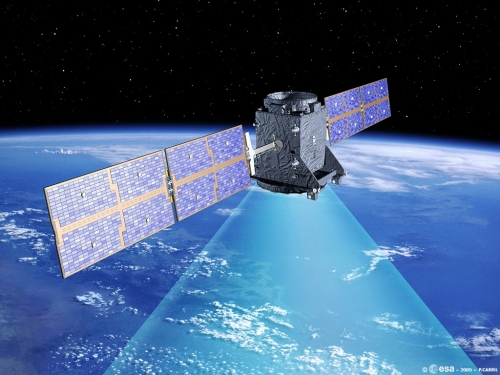The European space industry occupies a strategic niche in the EU economy. The development of a new EU space industrial policy can support innovation and efficiency in the space industry, while creating new opportunities for jobs and growth in other parts of the economy.

An effective regulatory framework can foster new markets in commercial spaceflight and the re-use of space-based data. Continuing research and development will help industry stay at the leading edge of technology as well as to develop new applications. Effective procurement policies and increased standardisation can facilitate the participation of small and medium-sized enterprises in the space industry.
The EU needs to guarantee its independence in terms of critical technologies and launch capacity as well as ensuring the availability of radio spectrum for space use. With growing international competition, cost-efficiency will increasingly become important, and trade in space goods and services will be a priority in terms of international agreements.
Since the entry into force of the Lisbon Treaty, space has become an EU policy, with responsibility shared with the Member States. The European Commission (EC) is proposing to develop a space industrial policy to boost competitiveness and increase economic growth.
Read the complete briefing here.

–









[…] Towards an EU industrial policy for space (libraryeuroparl.wordpress.com) […]
[…] niche sector with significant potential for positive knock-on effects on the wider economy. Another briefing focuses on how the EU is shaping an industrial policy for […]